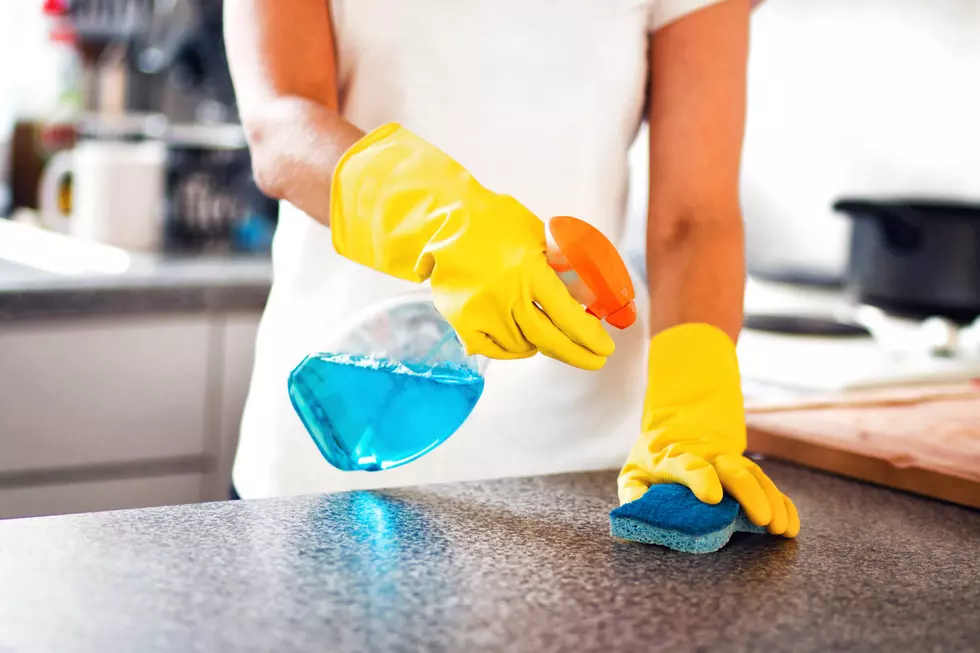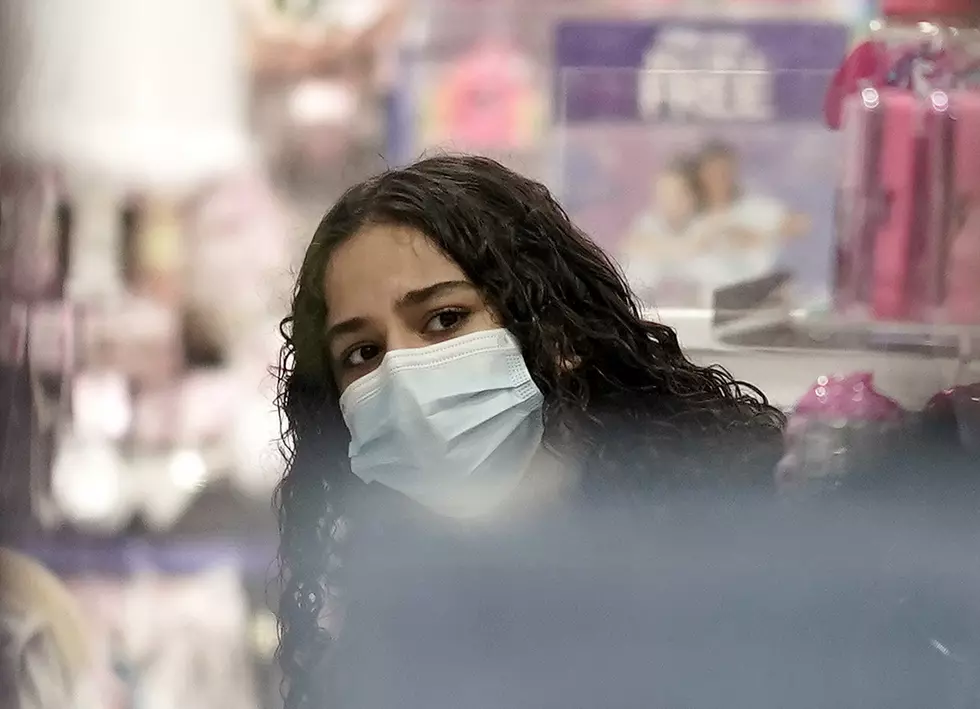
How Long Does Coronavirus Live on Surfaces? Longer Than You Think
Should you be cleaning and wiping down surfaces in public places, or your home, to stop the spread of coronavirus?
Yes.
Although studies on this topic are limited, recent information released by health experts is giving us a timeline of how long COVID-19 'germs' remain stable and possibly infect you.
According to the National Institutes of Health coronavirus is:
"detectable in aerosols for up to three hours, up to four hours on copper, up to 24 hours on cardboard and up to two to three days on plastic and stainless steel."
It's important to understand the mention of aerosols just means 'in the air.'
Also, it is unknown how the virus is impacted under different settings, like exposure to sunlight, or if it matters whether the surfaces are hot, cold or wet.
For example, if someone infected with COVID-19 is coughing and sneezing in a room, it is thought you could enter that room three hours later - after the person is long gone - and possibly contract the virus from droplets suspended in the air.
In comparison, the CDC says the typical influenza virus is considered 'viable' on many surfaces for up to 48 hours.
More From 96.1 The Eagle










